Restoring mangroves and coastal biodiversity of the Pandiyar estuary
IndeRestoring mangroves and coastal biodiversity of the Pandiyar estuary
Duration of the partnership
2019-2024
Location
Inde
The project and its challenges
The mangroves of the Pandiyar and Punnakayal estuaries, on the South Coast of Tamil Nadu State, India, play a key role in climate change mitigation in the region: Carbon sequestration, cyclone impact mitigation, soil erosion reduction, groundwater preservation… However, these mangroves, many of whose species are on the IUCN red list, are disappearing, even though they are an ecosystem that is a source of many environmental and economic services for village communities.
This progressive degradation is due to a combination of anthropogenic pressures such as unsustainable aquaculture, shift in land use for subsistence agriculture. Pollution of the waters of the estuaries by waste and toxic liquids has contributed to the degradation of the area. All these factors have destroyed between 60 and 70% of the mangroves in 50 years.
It is in this context that the SEEDS Trust developed a pilot project of mangrove regeneration on 20 ha in the Pandiyar estuary, in 2008 with the aim of developing a project methodology, specific to the local environment, to be replicated on other estuaries of the State of Tamil Nadu.
With a first partnership with the Maisons du Monde Foundation between 2019 and 2021, SEEDS Trust has implemented various actions to promote the regeneration of the mangrove ecosystem in Pandiyar estuary.
A look back at the results of the main actions:
- Restoration of 90 hectares including 60 hectares of mangroves and 30 hectares of various species
- 5000 plants/year planted in the homes of 300 beneficiaries for food sovereignty
- Conducted 20 awareness programs in 10 villages and trained 160 women and 120 children
- 62 youth trained in sustainable businesses such as beekeeping and coconut oil production and 40 more identified
The partnership with the MDM Foundation has been renewed for a new three-year cycle. With this renewed partnership, the SEEDS Trust team plans to replicate the project methodology on a larger scale in the Punnakayal estuary, thus reaching more communities.
The achievement goals are as follows for 2022-2024:
- Accompany sensitized communities and stakeholders in Project Management Committees for its consolidation through 10 awareness programs held in 10 villages and workshops
- Restore 50 hectares of mangroves, by eliminating invasive species and through the planting of 120,000 mangrove seedlings and 45,000 seeds of various other species
- Identify and train 45 community youth in the generation of viable economic activities
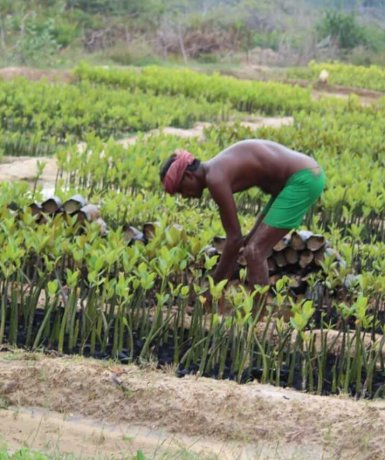
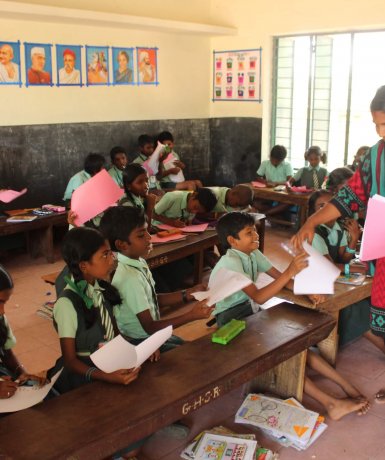
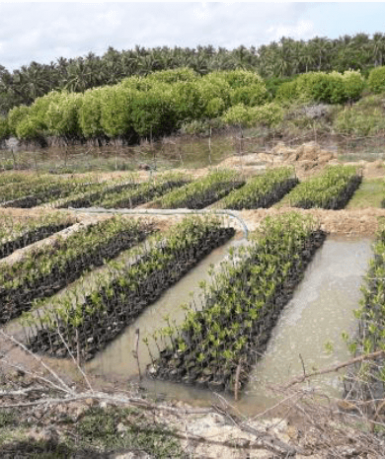
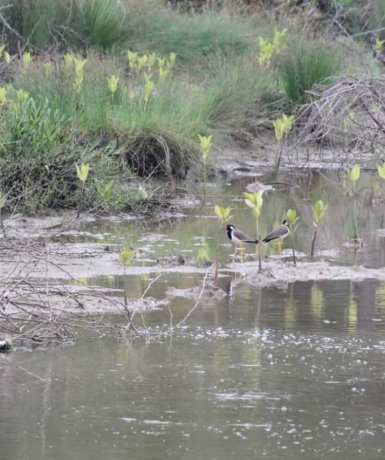
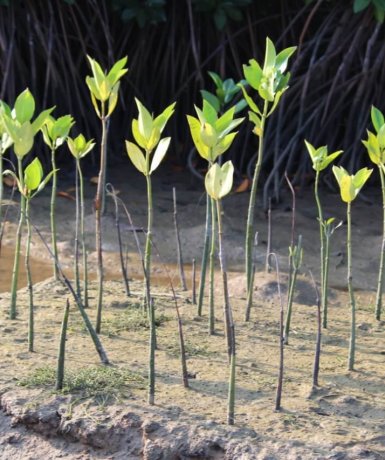
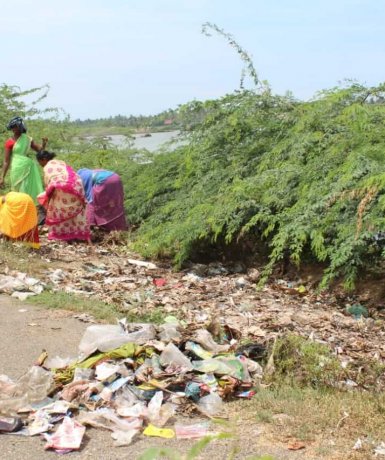
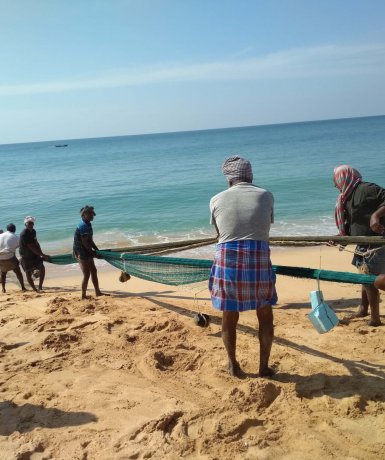
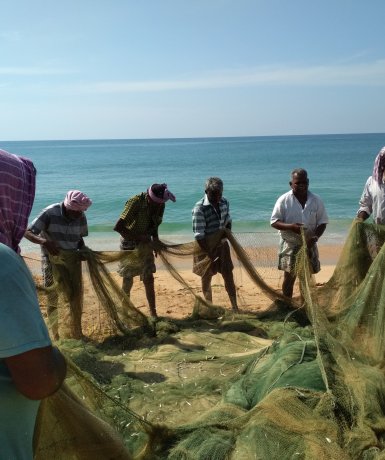
Beneficiaries
Direct beneficiaries are the agricultural and fishing communities of the 10 villages participating in the project, i.e., approximately 15,000 individuals of which 60% are women and children. Approximately 5,000 families living on the shores of the estuarine wetland will also be direct beneficiaries.
The "Pros" of the Project
Women and children have a central place in the project: the former with the aim of raising their skills and addressing the issue of the place of women in Indian society, the latter with the aim of raising environmental awareness through awareness activities to address the urgent problems of water pollution in the estuaries.
Project leader SEEDS Trust
Social Education and Environmental Development Scheme (SEEDS) Trust has been undertaking development activities in the state of Tamil Nadu, India since 1997. The objective of SEEDS Trust is to enable needy communities to become self-sufficient and boost their standard of living through an integrated holistic approach to environmental protection. The Association works with the Forest Department of Tamil Nadu to develop income-generating projects in the region.
Website


 Contact us
Contact us 

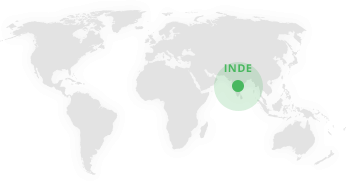


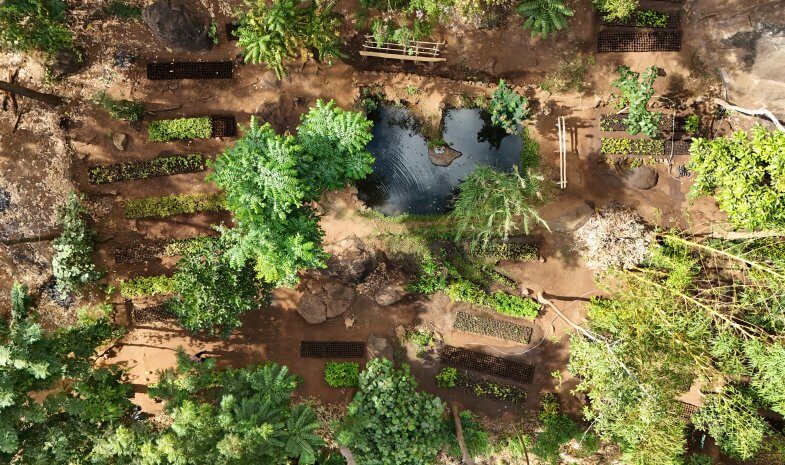
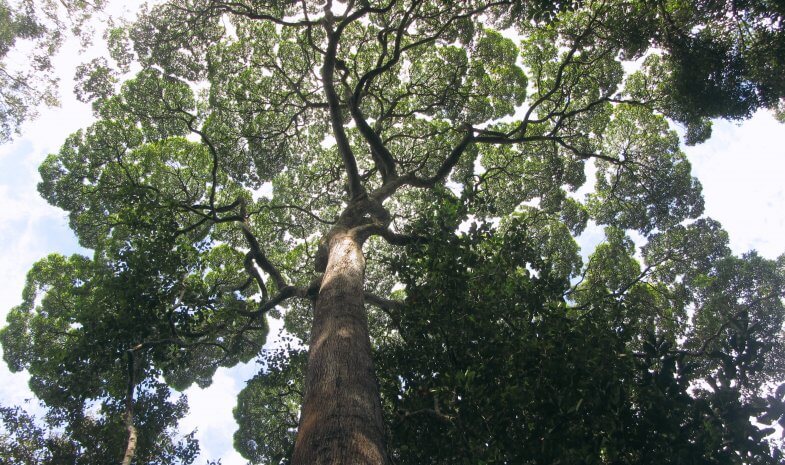
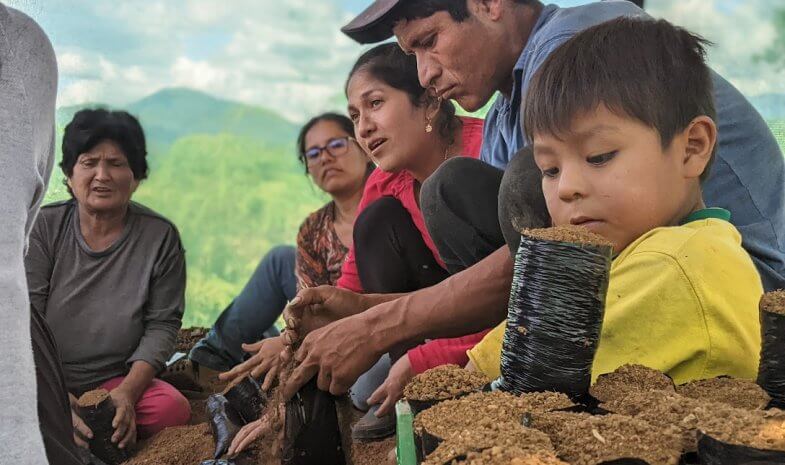
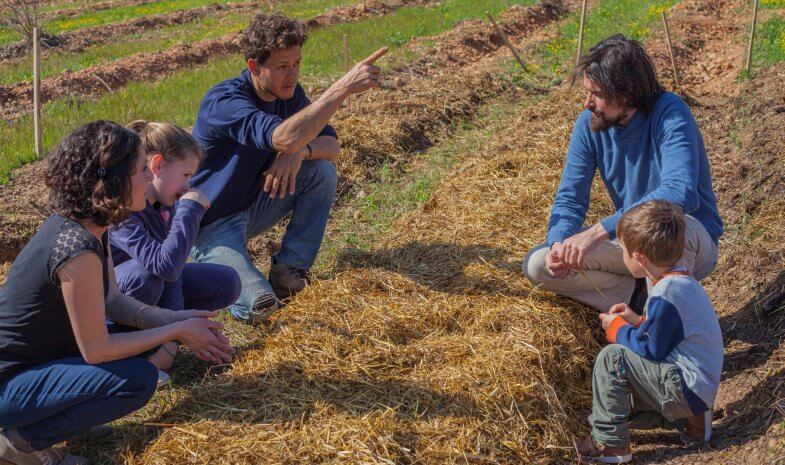

When my father lost his one leg after hit by the Tsunami, he was not able to fish in the sea. He could fish only at the Rajakkamangalam Pandiyar river estuary, which provided us income even in a degraded state. This estuary was also a learning ground for children and women in fishermen families, who learnt the basics of fishing here, till it got degraded badly in the recent two decades.
Now with the regeneration project coming, we are eager to grow mangroves in the estuary and start a new beginning for fishing persons like my father and a revived tradition of children learning to fish. Future is hopeful
M. Ponnumani Tsunami Colony Rajakkamanagalam- district Tamil Nadu, India